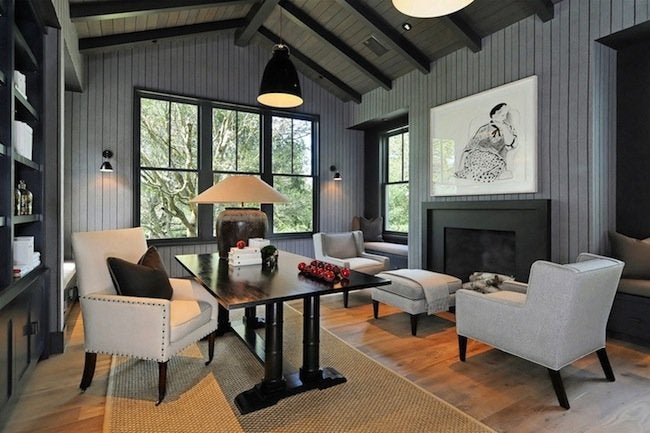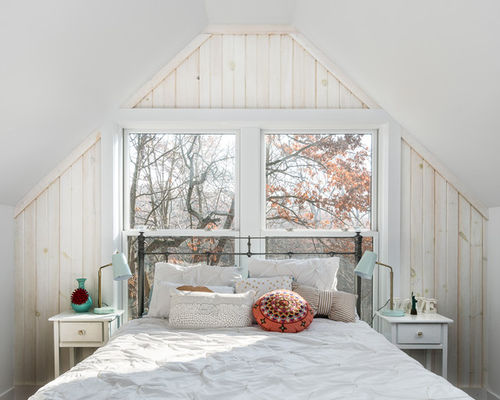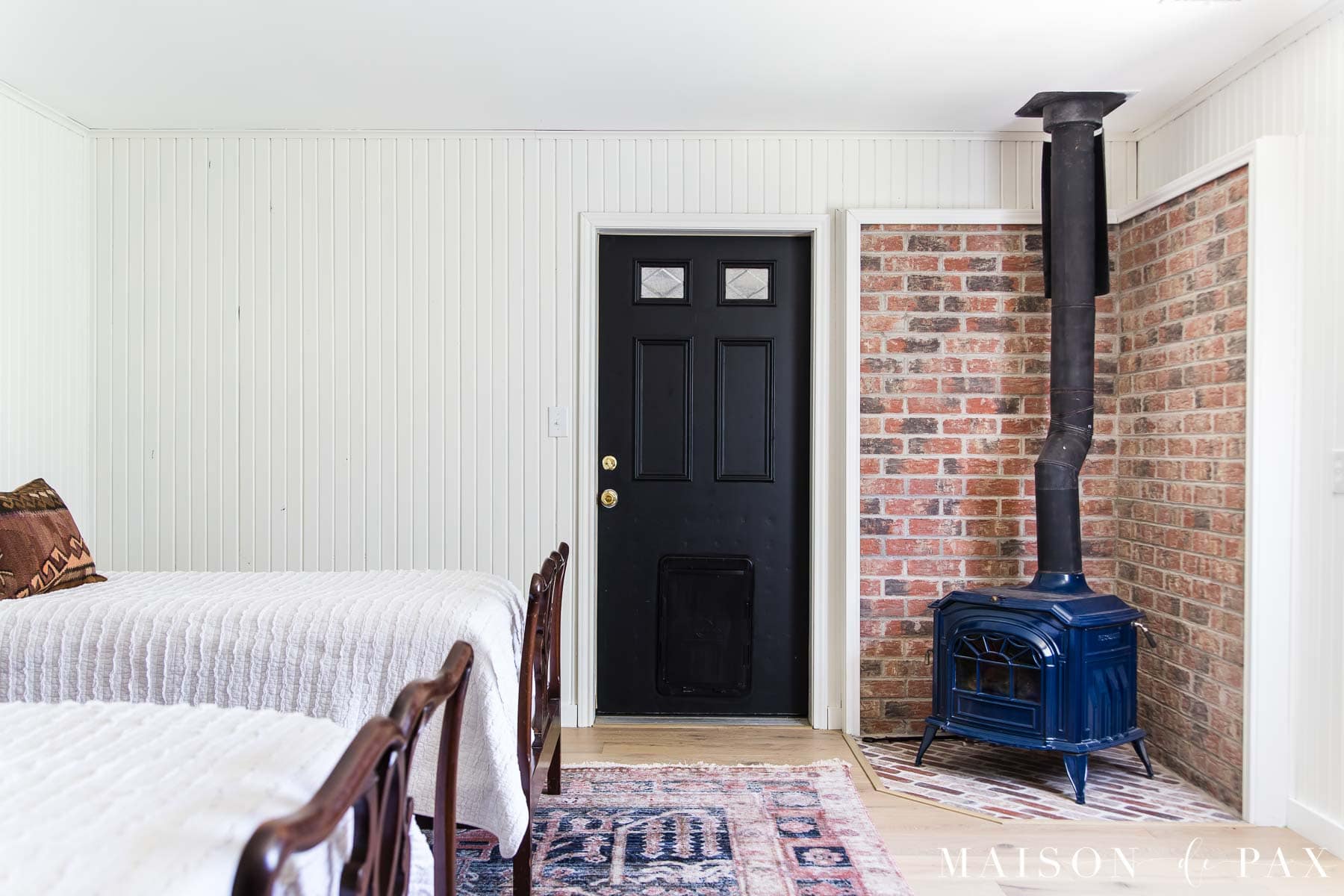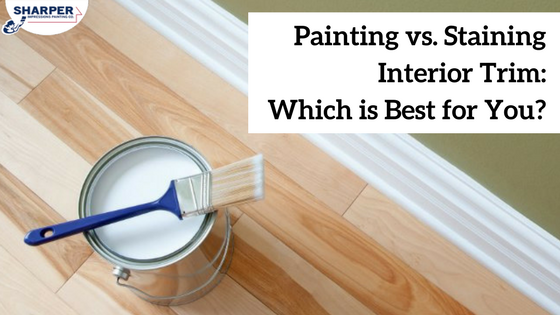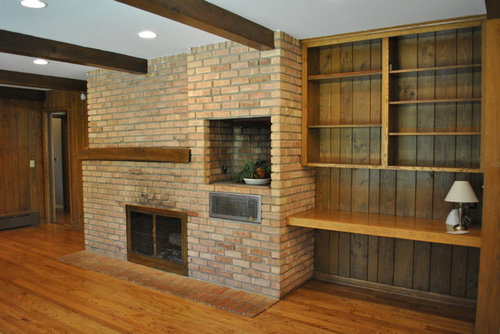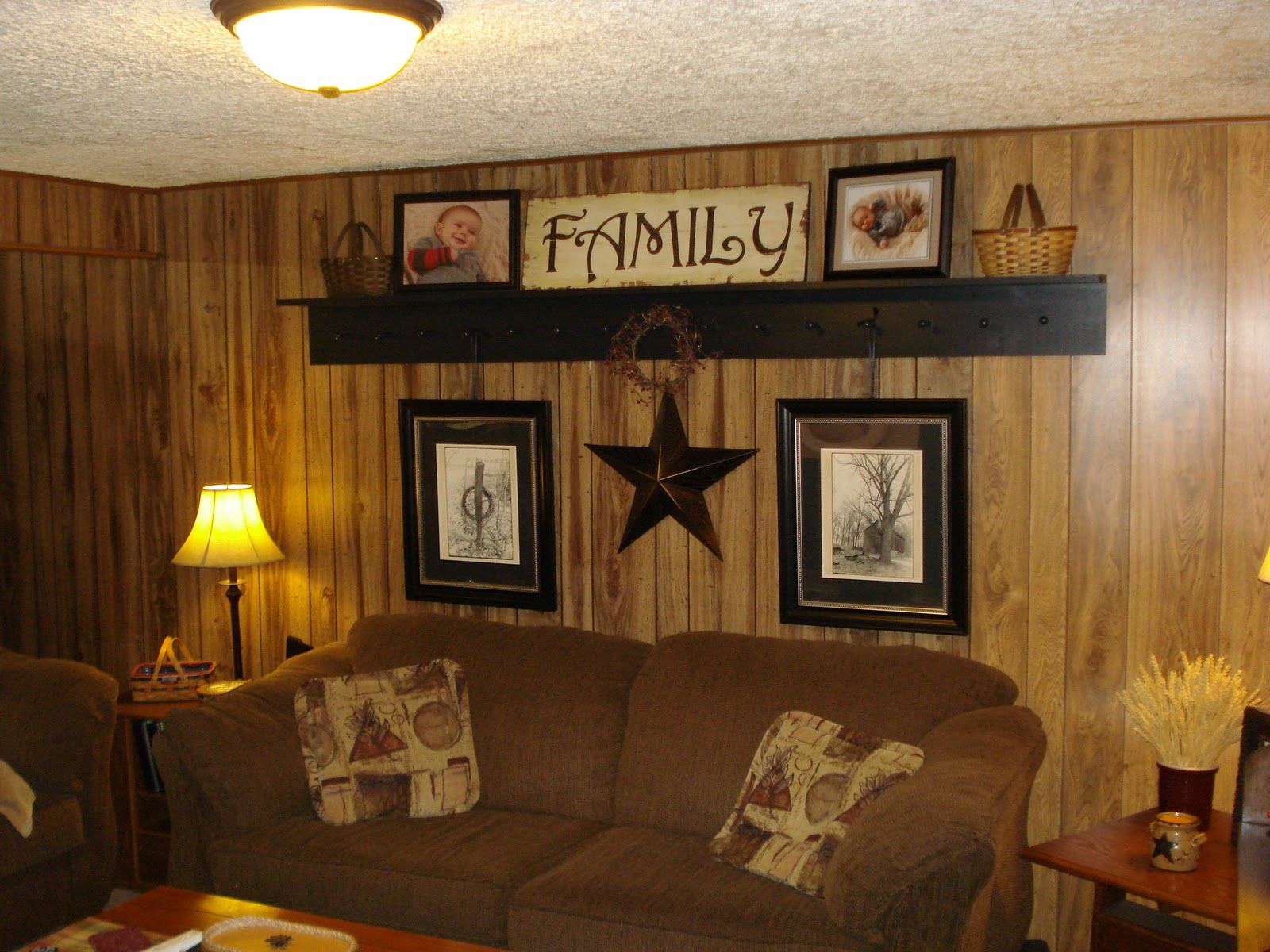How To Brighten A Lightly Painted Wood Wall

If you have too much wood.
How to brighten a lightly painted wood wall. Whether you choose pickling or whitewashing both of these techniques simply serve to lighten the color of the wood. Clean the hearth bricks using a stiff nylon brush to remove any loose dirt or debris. Paint wood wall paneling if your wood paneled walls seem dark and dated painting is a great way to brighten them up. Sand the walls lightly with 100 grit sandpaper wiping away any dust with a dry cloth.
Apply finish stripper to the wood you want to lighten and let it sit for 20 minutes. Wipe most of the paint off the brush and paint materials very lightly. Follow these simple steps to achieve a professional looking up to. Gently brush on the clear finish to protect both the wood and the stain.
Dip a 2 in 5 1 cm paintbrush with natural bristles into the finish stripper and paint it onto the wood that you re lightening. Pickling is the best choice for white staining oak. A white floor and white ceiling bring a lot of light to a space. This is important to give the primer a clean surface and also to remove any glossy finish from the paneling.
Work in a well ventilated area so you don t breathe in any harmful fumes and wear safety glasses and gloves to protect yourself. It was so much easier than painting and once we got in the groove it went pretty fast. The same trick works when you d rather keep the walls all the same color but brighten up the room. Wood walls add coziness to any room partly because wood is a natural material and partly because it s dark.
Pickling means to wipe the paint into the wood and then wipe the excess off. Paint the floor glossy white and keep rugs to a minimum. How to brighten a home without painting natural wood walls. And it gave us the same outcome a brighter room.
If you want to brighten up walls in your space without spending a lot of money or having to go through the tedious task of painting try cleaning the walls. Once the whitewash has dried use a clear water based finish to protect the wood. This technique is best for furniture and cabinets.






